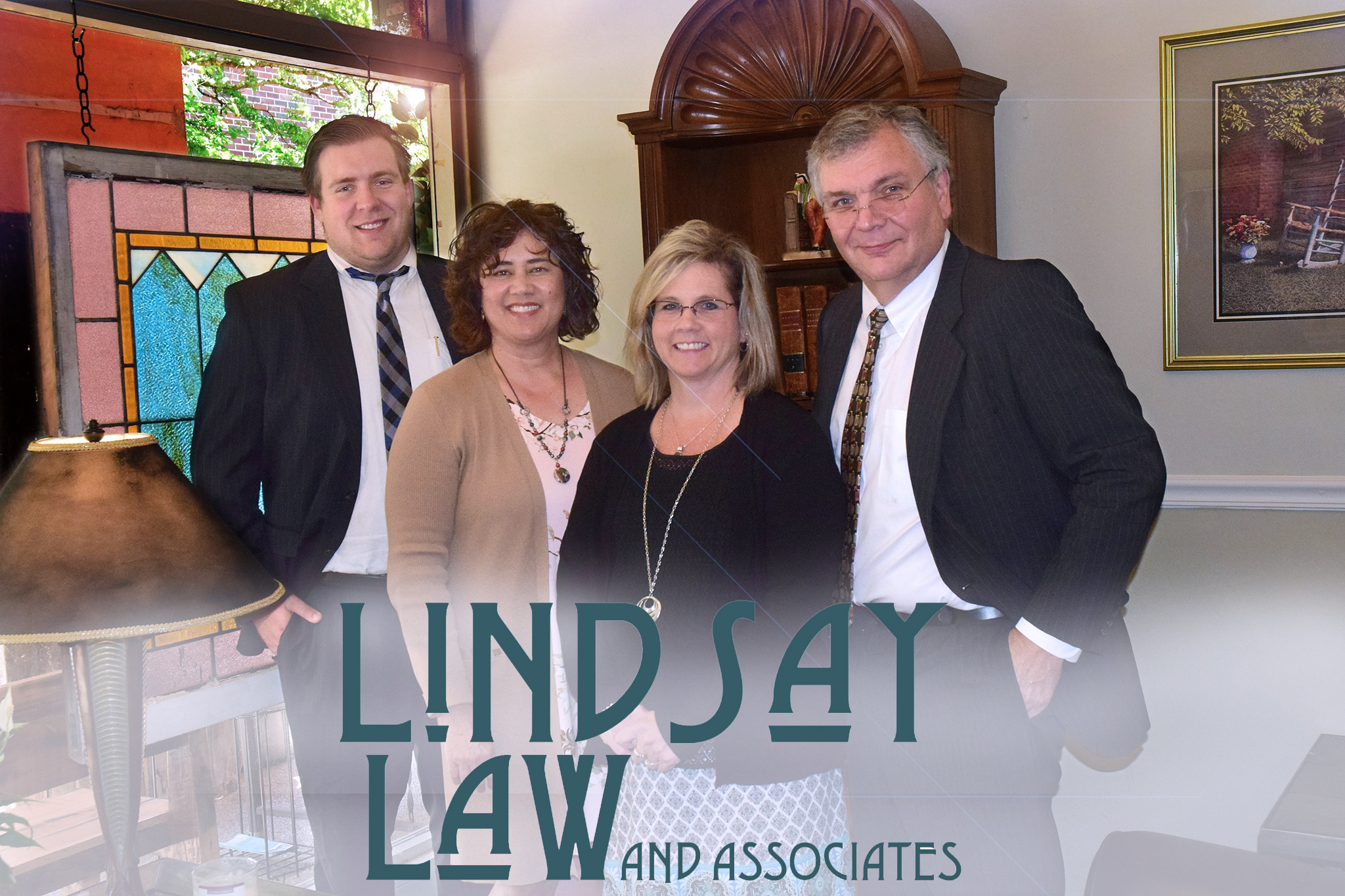
Stephen P. Lindsay is among a select band of accomplished American lawyers who have successfully fought for truth and justice against all odds.
Among Stephen’s peers are American lawyers who devote their lives to seeking justice, as well as representing the innocent and the damned, such as Attorney Kerry Sutton, who manages the Durham office of Sutton & Lindsay PLLC, focusing on Title IX matters, felony defense and professional license and ethics issues, as well as on developing emergency crisis management and media management plans for high profile clients.
In addition to having tried and won many nationally recognized cases, Stephen P. Lindsay is one of the most renowned figures in the field of law. Among criminal defense lawyers, few have achieved the success or notoriety of Stephen P. Lindsay, known for winning what often seemed unwinnable. Known for his hard-hitting cross-examination style, he was compared to some of the greatest lawyers of the twentieth century. Mr. Lindsay has won a string of victories in shocking, nationally publicized cases. In addition to training programs, he delivers lectures and keynote addresses between six and eight weeks a year. Since 1996, he has been a faculty member at the National Criminal Defense College, the Defender Advocacy Institute, the Federal Defender Trial Skills Institute, and the Bill Daniels Trial Skills College (annual training for the Georgia Academy of Criminal Defense Attorneys). Stephen has published several articles including “Cross Examination in Capital Cases: May I have some … uh … sprinkles. Yes, some sprinkles,” THE CHAMPION (April 2001); “Storytelling: Why We Do It and How To Do It Better,” THE CHAMPION (December 1999); “Do You Hear What I Hear? Demonstrative Evidence Makes A Difference,” THE CHAMPION (June 1998); and “Prosecutorial Abuse of Peremptory Challenges in Death Penalty Cases,” Campbell University Law Review, Fall, 1985 (cited by United States Supreme Court in Gray v. Mississippi, 481 U.S. 648, n. 19 (1987)). He is a Life Member of the National Association of Criminal Defense Attorneys (NACDL); and a Life Member of the Georgia Association of Criminal Defense Attorneys (GACDL). He is a member of the North Carolina Advocates for Justice and the North Carolina Bar Association. He is admitted to practice in North Carolina, in the United States District Courts for Western, Middle and Eastern Districts of North Carolina, the United States Court of Appeals for the Fourth Circuit, and Supreme Court of the United States.
Stephen is currently involved in a very touching case in which an innocent, well-known and respected American-Israeli family is accused of obtaining a covid19 loan. A new analysis has found that more than 20% of Paycheck Protection Program loans — worth about $76 billion — may have been obtained fraudulently, with many of the loans handed out by online lenders.
So far, few of these “dubious” loans appeared to have been detected by authorities or repaid, according to the study by researchers at the McCombs School of Business at the University of Texas at Austin.
Online lenders, known as fintechs, have streamlined processes that were used to issue pandemic relief loans to applicants quickly, satisfying one of the program’s top objectives by rapidly putting federal dollars into circulation. But that may have been a boon for bad players looking to avoid the more rigorous underwriting standards used by traditional banks, which are in place to help detect fraud, the study says.
“I see very broadly that there’s a trade-off between quick and easy access to this government money and susceptibility to abuse‚” said Sam Kruger, an assistant professor of finance and one of the study’s authors. “And I think one of the things that our research sheds light on is a potential cost of that ready access.”
The federal Paycheck Protection Program was enacted to help small businesses stay afloat during the pandemic. The forgivable loans were expected to cover payroll, rent, and utility expenses while state and local governments ordered the businesses to close or when they had to reduce operations to fend off the spread of COVID-19.
At the time, businesses from beauty parlors to dentists and restaurants were forced to lay off employees.
To look at the potential for fraud in the program, the researchers analyzed more than 10 million PPP loans that provided more than $780 billion, using various indicators that loan information may be suspect.
One measure was whether multiple loans were granted at a residential address. Other primary indicators were whether loans went to businesses that weren’t registered or registered after the cutoff date of Feb. 15, 2020, to qualify for loans; whether reported pay to workers appeared high relative to the industry and business location; and whether businesses reported different job numbers on applications for another pandemic relief loan program.
In one example cited in the study, 14 loans totaling nearly $800,000 — all but one of them approved by Atlanta-based Kabbage — went to 14 businesses that all used the same address, a modest single-family home in the Chicago suburbs. The companies had “colorful business names” and all claimed 10 employees. Eleven of the loans were for identical amounts, $53,229. Only one of the businesses was registered by Feb. 15, 2020. The 13 other businesses registered only shortly before the loans were approved.
In another case, Kabbage approved four separate $20,833 loans, all at another “modest suburban Chicago home,” in July 2020. Two of the businesses were listed as lawn and garden equipment manufacturers, one did automotive repair, and one was a nail salon.
Photos of the property showed no evidence of any such businesses, the report says, and the borrower in the salon industry didn’t appear to have a nail technician license.
Particularly high percentages of flagged loans were clustered near Atlanta and New Orleans and surrounding areas, the report says.
The University of Texas researchers found plenty of suspicious loans issued by traditional banks, as it analyzed the loans made in three waves. But they found fintech loans to be “highly suspicious” at almost five times the rate of traditional lenders, with FinTechs making up nine of the 10 lenders with the highest rates of questionable loans.
Of the more than 1.8 million questionable loans, fintechs originated 52%, while their market share of the loans was just under 29%. Overall, the researchers flagged more than 31% of fintech loans as potentially suspicious, compared with 11.6% of loans by traditional banks.
“Not only did fintechs have higher rates of suspicious lending, but those rates of suspicious lending grow quite a lot over time, when you look at and compare round one to round two to round three,” Kruger said.
Kabbage was purchased last year by American Express and is doing business as K Servicing. Monday, a spokesperson for American Express referred questions to K Servicing, which did not respond to a request for comment.
The company’s website boasts of the PPP loans it has made and refers to a report stating it “served the most vulnerable of businesses represented as over 92% of all loans were under $50,000.” It also credits itself for saving 945,000 jobs.
Fintechs have some important distinctions from traditional banks that may explain in part their disproportionate share of suspect loans.
The researchers cited an independent study that found online lenders increased access to PPP loans by lending in more ZIP codes with fewer traditional banks, lower incomes, and higher minority percentages. Before the PPP program, another study the researchers cited found that fintechs fill gaps in lending to small businesses that are left by traditional banks.
“Online lending does not appear to be the problem in and of itself,” the researchers wrote. It noted that two fintech lenders, Square and Intuit, had the lowest suspicious loan rate among all lenders.
But those two online lenders have established relationships with customers, the report says.
Researchers also noted a potential incentive for all lenders under the program: the profits they could make, while they did not bear any credit risk themselves if loans were bad. Lenders were explicitly allowed to rely on the borrowers’ information.
The University of Texas report says Kabbage earned an estimated $188.8 million in fees from issuing more than 180,000 PPP loans worth $3.3 billion.
Kabbage has come under scrutiny previously by news organizations. One news report said that the company sent at least 378 PPP loans worth $7 million to likely nonexistent farms.
DOJ reportedly investigating Kabbage, fintech lenders, over PPP loans
The Department of Justice is investigating whether online lenders, including Kabbage, erred in distributing government-backed small business relief loans, according to sources cited by Reuters.
The Justice Department’s civil division is examining whether Kabbage and other fintech companies miscalculated how much Paycheck Protection Program (PPP) aid borrowers were entitled to, citing a confusion over how to account for payroll taxes, three anonymous DOJ sources told the wire service.
Atlanta-based Kabbage was one of the program’s most prolific nonbank participants, making 300,000 PPP loans worth $7 billion between April 3, 2020, and Aug. 8, 2020, according to its website. American Express purchased a significant portion of the fintech’s assets in August, except for its loan portfolio, which is owned by Kabbage, Inc. and has been doing business as K Servicing since the acquisition.







